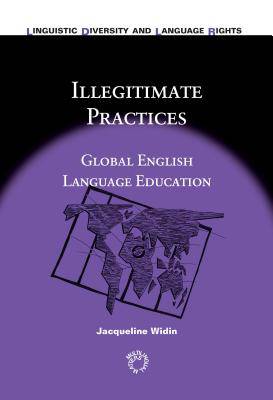
- Afhalen na 1 uur in een winkel met voorraad
- Gratis thuislevering in België vanaf € 30
- Ruim aanbod met 7 miljoen producten
- Afhalen na 1 uur in een winkel met voorraad
- Gratis thuislevering in België vanaf € 30
- Ruim aanbod met 7 miljoen producten
Omschrijving
ELT education, as a commodity, takes many forms in countries all over the world. This book questions how the benefits of international English language education projects are distributed. The critical issues of language rights and linguistic diversity are pivotal in the book's examination of domination and subordination in international language education projects. The author's description of the role and teaching of English is based on her experience of working in ELT aid and development and fee-based projects, and through it she unmasks the interests and intentions of aid and fee-based language education projects. The two case studies that form the basis of this book recount a version of ELT marketing and project implementation that will resonate with experiences of aid recipients and university-led private sector fee-payers in many different ELT contexts.
Specificaties
Betrokkenen
- Auteur(s):
- Uitgeverij:
Inhoud
- Aantal bladzijden:
- 232
- Taal:
- Engels
- Reeks:
- Reeksnummer:
- nr. 8
Eigenschappen
- Productcode (EAN):
- 9781847693075
- Verschijningsdatum:
- 6/08/2010
- Uitvoering:
- Paperback
- Formaat:
- Trade paperback (VS)
- Afmetingen:
- 155 mm x 239 mm
- Gewicht:
- 544 g

Alleen bij Standaard Boekhandel
Beoordelingen
We publiceren alleen reviews die voldoen aan de voorwaarden voor reviews. Bekijk onze voorwaarden voor reviews.











